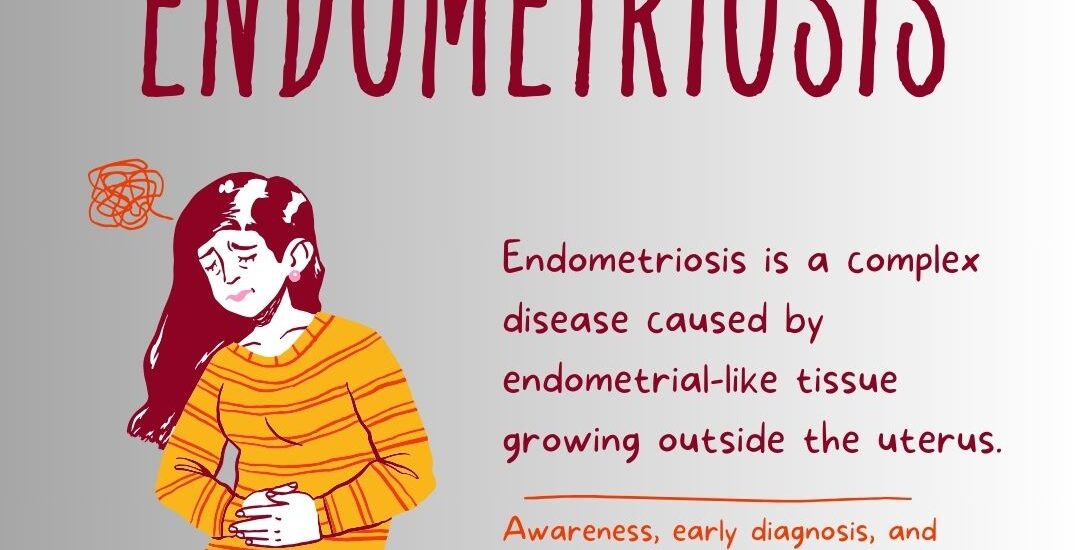In Ayurveda, endometriosis is often understood as a disorder related to the imbalance of the doshas, particularly Vata and Pitta. Endometriosis is considered a gynecological disorder where endometrial-like tissue grows outside the uterus, causing symptoms like pelvic pain, irregular menstruation, and infertility. Ayurveda offers holistic approaches to manage endometriosis, focusing on lifestyle modifications, dietary changes, herbal remedies, and stress management techniques. Here are some Ayurvedic perspectives and approaches to managing endometriosis:
- Balancing the Doshas: Ayurveda considers that endometriosis results from the aggravation of Vata and Pitta doshas. Therefore, treatment strategies aim to balance these doshas through dietary and lifestyle modifications.
- Dietary Recommendations: Ayurvedic dietary guidelines emphasize eating warm, cooked, and easily digestible foods. Foods that are sweet, bitter, and astringent in taste are favored, while spicy, sour, and salty foods are limited. Herbal teas like ginger or licorice may be recommended to alleviate symptoms.
- Herbal Remedies: Ayurvedic herbs with anti-inflammatory, analgesic, and hormone-balancing properties are commonly used to manage endometriosis. Some commonly recommended herbs include Ashwagandha, Shatavari, Triphala, Turmeric, and Guggulu.
- Yoga and Exercise: Gentle yoga poses and exercises can help alleviate pelvic pain, improve circulation, and reduce stress associated with endometriosis. Practices like Pranayama (breathing exercises) and meditation are also beneficial for overall well-being.
- Ayurvedic Therapies: Panchakarma, a set of detoxification therapies in Ayurveda, may be recommended to remove toxins from the body and balance the doshas. Specific therapies like Basti (medicated enemas) or Uttar Basti (vaginal douching) may also be suggested for managing gynecological disorders.
- Stress Management: Stress can exacerbate symptoms of endometriosis. Ayurveda emphasizes the importance of managing stress through practices like meditation, mindfulness, and relaxation techniques.
- Lifestyle Modifications: Ayurveda advises maintaining a regular daily routine (Dinacharya) and sleep patterns (Ratricharya) to support overall health and hormonal balance.
It’s important to consult with a qualified Ayurvedic practitioner for personalized treatment recommendations tailored to your individual constitution and specific condition. Additionally, Ayurvedic approaches can complement conventional medical treatments for endometriosis, but they should not be used as a substitute without proper medical guidance and supervision.
fertility clinic near me
best infertility clinic in Pune
tubal block treatment in Pune
fallopian tube block treatment

